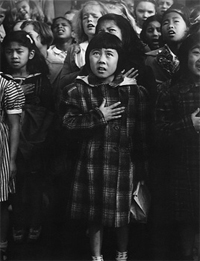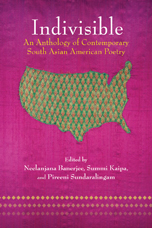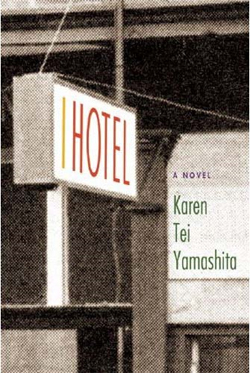LR is looking for a handful of talented bloggers to add to its staff for next year. We seek strong writers with an interest in Asian American poetry and a knowledge of the contemporary literary scene. Prior blogging experience is not necessary, though it is a plus, as is experience with social media.
Positions Available
Book Reviewers: write short reviews of recent poetry collections. (Finding poetry reviewers is of a higher priority for us right now, but we are also open to considering reviewers who specialize in prose).
Columnists: choose a specialized topic of their choice to blog about on a monthly basis. Some topics we might be interested in exploring in the future include book arts, small press publishing, perspectives from students enrolled in creative writing programs, translation, poetry in the classroom, poetry and history — but we’re open to many more ideas, and if you have one that you think is good, pitch it to us!
Interviewers: conduct interviews with writers and editors; may also be asked to help coordinate guest post series (for example, see our “Process Profiles” series from May 2010).
Event Reporters: report on literary events of interest to readers. We’re especially interested in people who live in the vicinity of NYC, LA, and/or San Francisco for this position.
Requirements
- Bloggers commit to writing 1 post a month during our academic year term (Sept through June, not including blog hiatuses), with a draft submitted via WordPress at least a week in advance of the post date to allow time for revision and proofreading.
- Reliable, organized, responsible.
- Ability to write clear, incisive, and critically astute (but accessible!) posts.
- Familiarity with and ability to easily converse about issues of politics and poetics that are relevant to the Asian American poetry community.
- Prior experience with blogging a big plus.
- Familiarity with WordPress a plus, but definitely not necessary.
- As we’re focused mostly on US and North American poetry, we would prefer to work with bloggers who are familiar with the literary scene in the US/Canada. Though we will definitely consider those living in other locations, too!
To Apply
Please send the following to us at editors [at] lanternreview (dot) com by JULY 23rd:
- A cover letter introducing yourself and specifying the position(s) you are applying for (include in the body of your email). Tell us about yourself: where are you from, what is your area of training, what do you like to read, what have you written about in the past? As an LR staff blogger, what would you be interested in writing about? Pitch your ideas to us. Why would you be a good fit for us?
- Your resume, highlighting any past experience with blogging, journalism, past work on literary magazines, and any publications.
- A writing sample: 350-500 words of prose about poetry or Asian American issues — either from past article(s) or blog post(s), and/or from a scholarly essay.
Please note that as we are an all-volunteer operation, we regret that we cannot pay our bloggers, but we assure you that your experience on LR staff will be both professional and enriching, and will help you to gain both experience and exposure in the online literary scene.




